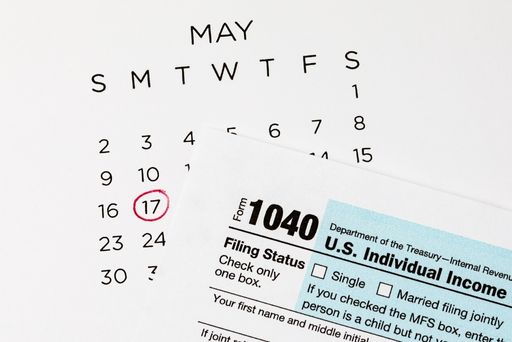How Much Should I Set Aside for Taxes as a Real Estate Agent? For Realtors, Real Estate Brokers, and Property Managers
How much should I set aside for taxes as a real estate agent? As a self-employed individuals are required to make estimated quarterly tax payments, a pay-as-you-earn system for federal taxes. Realtors, real estate agents, brokers, and property managers are considered to be self-employed by the IRS and are subject to these payments. If you anticipate, through your small business bookkeeping, that your end of year tax bill to be more than $1,000, you need to make quarterly payments to the IRS.
How to quickly calculate your estimated quarterly tax payment as a realtor, broker or property manager:
- Estimate your total commissions and business expenses for the year. If you’re not sure, look back on previous years’ records and make a prediction at what your commission might be and take an average of what your expenses have been in the past. Subtract your business expenses from your predicted commission to determine your net income.
- Multiply your net income by the Self Employment Tax Rate. Currently, the self-employment tax rate is at 15.3% (12.4% Social Security + 2.9% Medicare tax). A quick example: if you predict your total commission for the year to be $40,000, multiply that number by .153, which equals $6,120 in self-employment tax due for the entire year.
- Divide your self-employment tax amount by two. Using the example in the previous step, take $6,120 divided by 2 and you have $3,060. You are allowed to use half of your self-employment tax as a deduction against your income.
- Subtract ½ of your self-employment amount from your net income. In this case, $40,000 minus $3,060 equals $36,940.
- Subtract your standard or itemized deduction from your net income from step 4. Estimate your itemized deductions or obtain the standard deduction form from the IRS website. If you estimate $10,000 in deductions, you now have $25,940.
- Subtract the personal exemption allowed for the year from the new number in step 5. To see what your personal exemption is, click The amount of personal exemption you’re allowed to claim changes from year to year, so be sure to get the correct number from the IRS website.
- Use the most current tax rate table (also found on the IRS website) to calculate the amount of federal tax due on your adjusted gross income (the amount calculated in step 6).
- Subtract estimated tax credits from the number calculated in step 7. Be sure to see if you qualify for a child or dependent tax credit.
- Add your total estimated federal tax due to the total estimated self employment tax due. Then divide this total by 4.
- Make estimated quarterly tax payments of the amount calculated in step 9. Estimated quarterly tax payments are due on April 15, June 15, September 15, and January 18.

Need help filing your estimated quarterly tax payments as a realtor or real estate agent? We can help you out.
Other posts that might interest you:
How to Legally Structure a Real Estate Partnership or Agency
How to Track & Separate Business and Personal Expenses as a Realtor or Real Estate Agent
The Top 10 Tax Deductions for Realtors and Real Estate Agents
What You Can and Cannot Deduct for Advertising Your Real Estate Business
Top 4 Tips on Tracking Mileage and Deducting Vehicle Expenses as a Real Estate Agent
6 Ways to Save Time and Money on Bookkeeping and Accounting as a Realtor or Real Estate Agent
How to Calculate Self-Employment Taxes for Real Estate Professionals and Agents
How to Develop an Exit Strategy for Your Real Estate Agency Partnership
How to Develop a Succession Plan for Your Real Estate Partnership
Interested in Learning More?
Schedule a free consultation with our team!

















